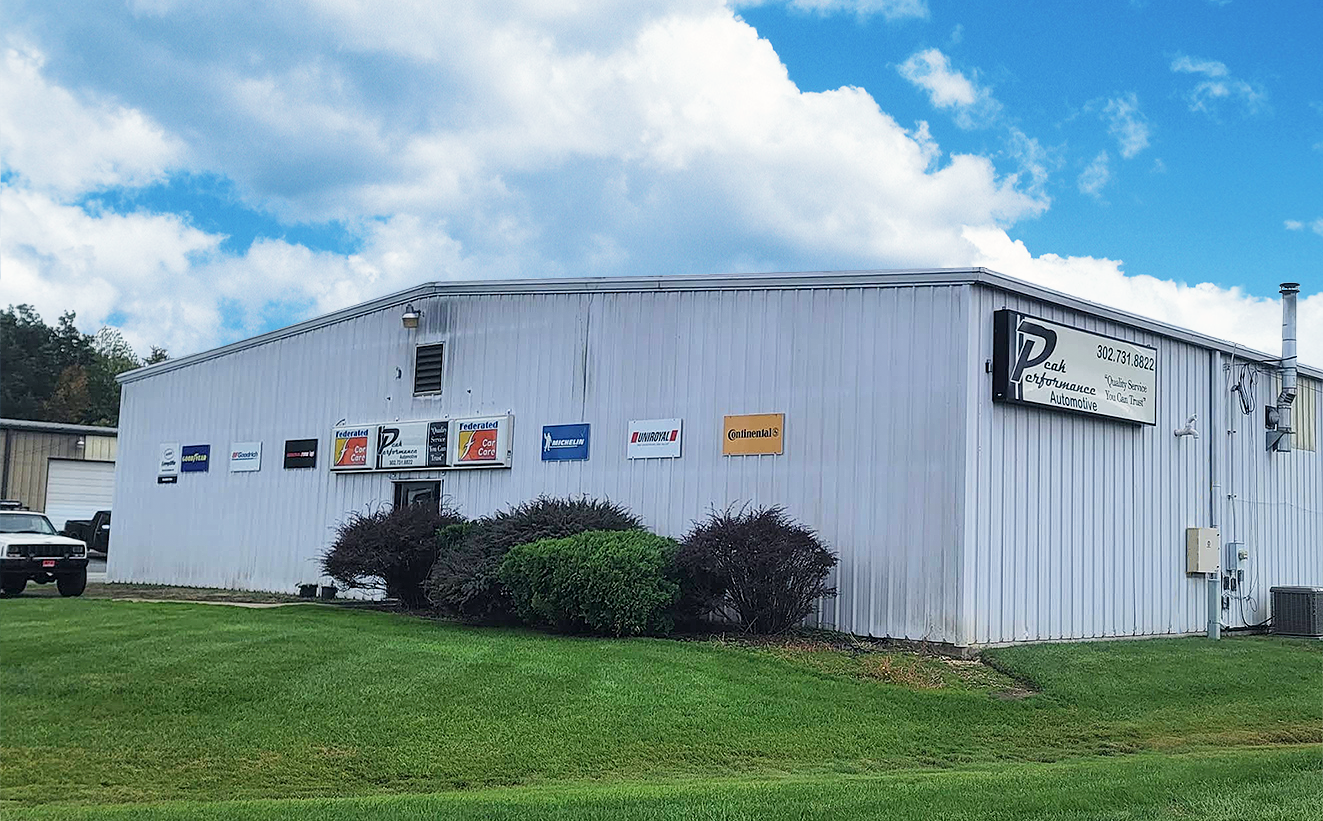
ASE Certified Technicians We Service All Makes & Models 3 Year / 36K Mile Nationwide Warranty All Major & Minor Repairs Quality Service You Can Trust!
Welcome to Peak Performance Automotive - Newark
Situated in the heart of Newark, DE, Peak Performance Automotive is your trusted destination for expert auto repair and maintenance. Our shop is easily accessible to drivers throughout the region, providing high-quality service with ASE Certified technicians and the backing of our TechNet Service Center affiliation. Whether you need routine maintenance or complex diagnostics, we ensure reliable solutions for all makes and models.
No matter where you're coming from, Peak Performance Automotive is here to provide you with professional auto services you can trust. Visit us today for exceptional care backed by industry-leading expertise and warranties! Learn more about our financing at Peak Performance Automotive!
3 Year 36,000 Mile Nationwide Warranty!













